Nature reports
Page 58 of 76 - 752 Results
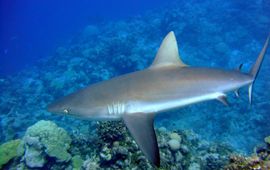
It’s long been known that sharks help nourish coral reefs, but exactly to what extent has never been scientifically mapped out — until now...
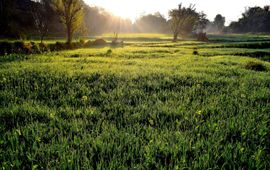
Plants release pungent fumes belowground to defend themselves against herbivores, plagues and pathogens. But can they also attract beneficial bacteria in this way? According to new findings by NIOO-researchers, they can...and..
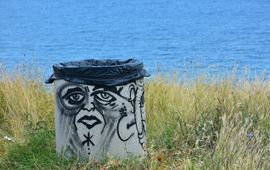
Tiny plastic particles also present a threat to creatures on land and may have damaging effects similar or even more problematic than in our oceans. Researchers warn: the impact of microplastics in soils, sediments and the..
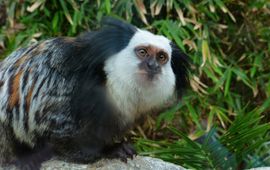
From short ‘tsiks’ and ‘ekks’ to drawn-out ‘phees’ – all the sounds produced by marmoset monkeys are made up of individual syllables of fixed length. The smallest units of vocalisation and their rhythmic production in the brain of..
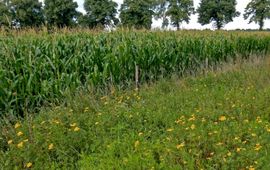
In agricultural production, a globally growing area is cultivated with insect resistant, genetically modified (GM) crops, such as Bt-maize. In the Netherlands Bt-crops are not allowed. But with increasing pressure from society to..
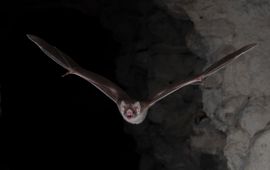
Vampire bats feed exclusively on blood, a mode of feeding unique amongst mammals. It has therefore been long suspected that vampire bats have highly specific evolutionary adaptations. It turns out that the microbiome plays an..
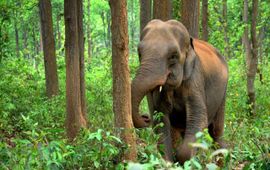
Researchers of the University of Turku, Finland, have studied a timber elephant population in Myanmar and discovered that Asian elephant personality manifests through three different factors. The personality factors identified by..
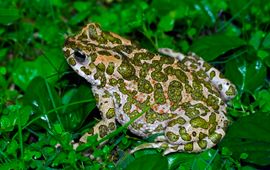
Most vertebrates have two sets of chromosomes, one from their mother and one from their father – including humans who are thus diploid. In contrast, polyploidy, meaning to possess three or more sets of chromosomes is very rare in..
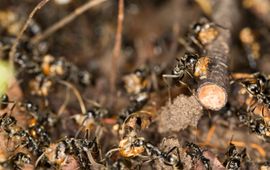
A new study reveals that ants dress the wounds of mates that have suffered in battle. Such behaviour is believed to be unique among animals...
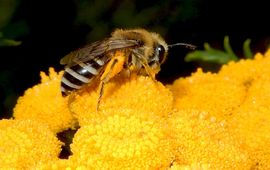
A study of 48 farms in two states shows abundance of species means lots of pollination. The larger an area, the more species of wild bees are needed to pollinate crops...
